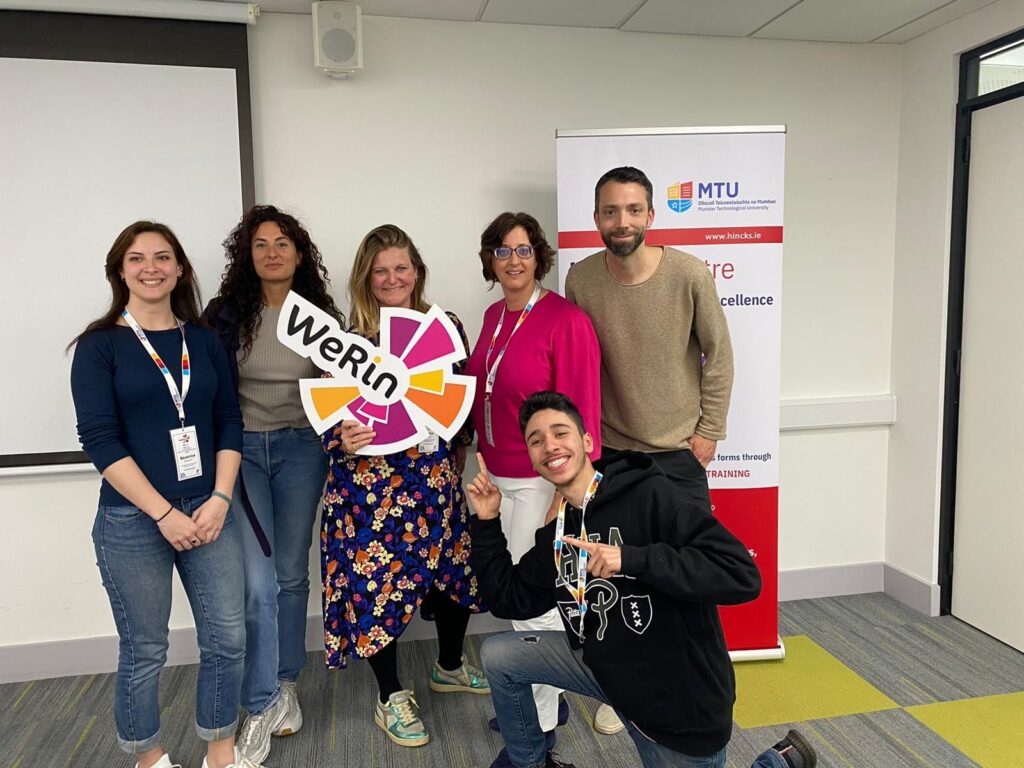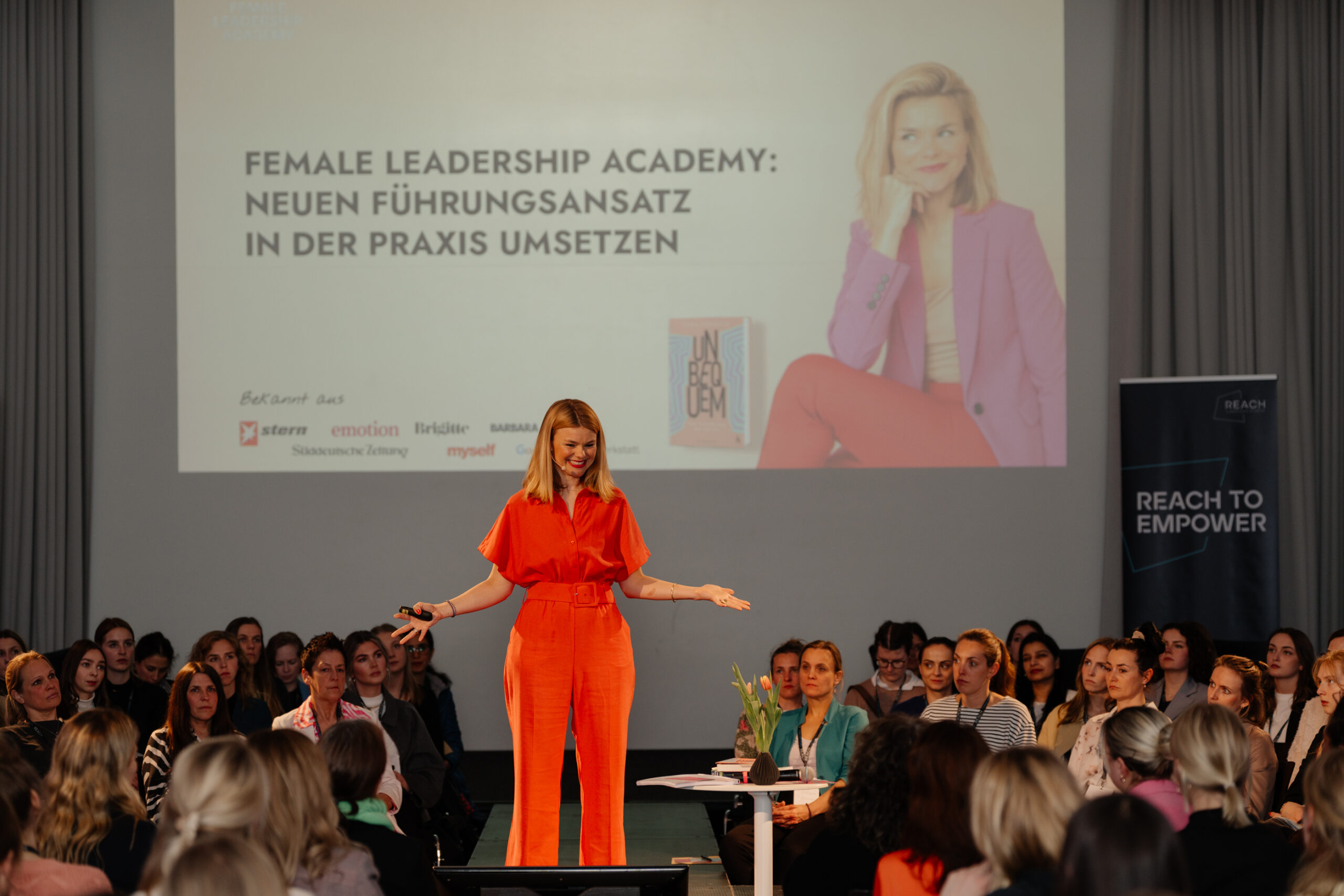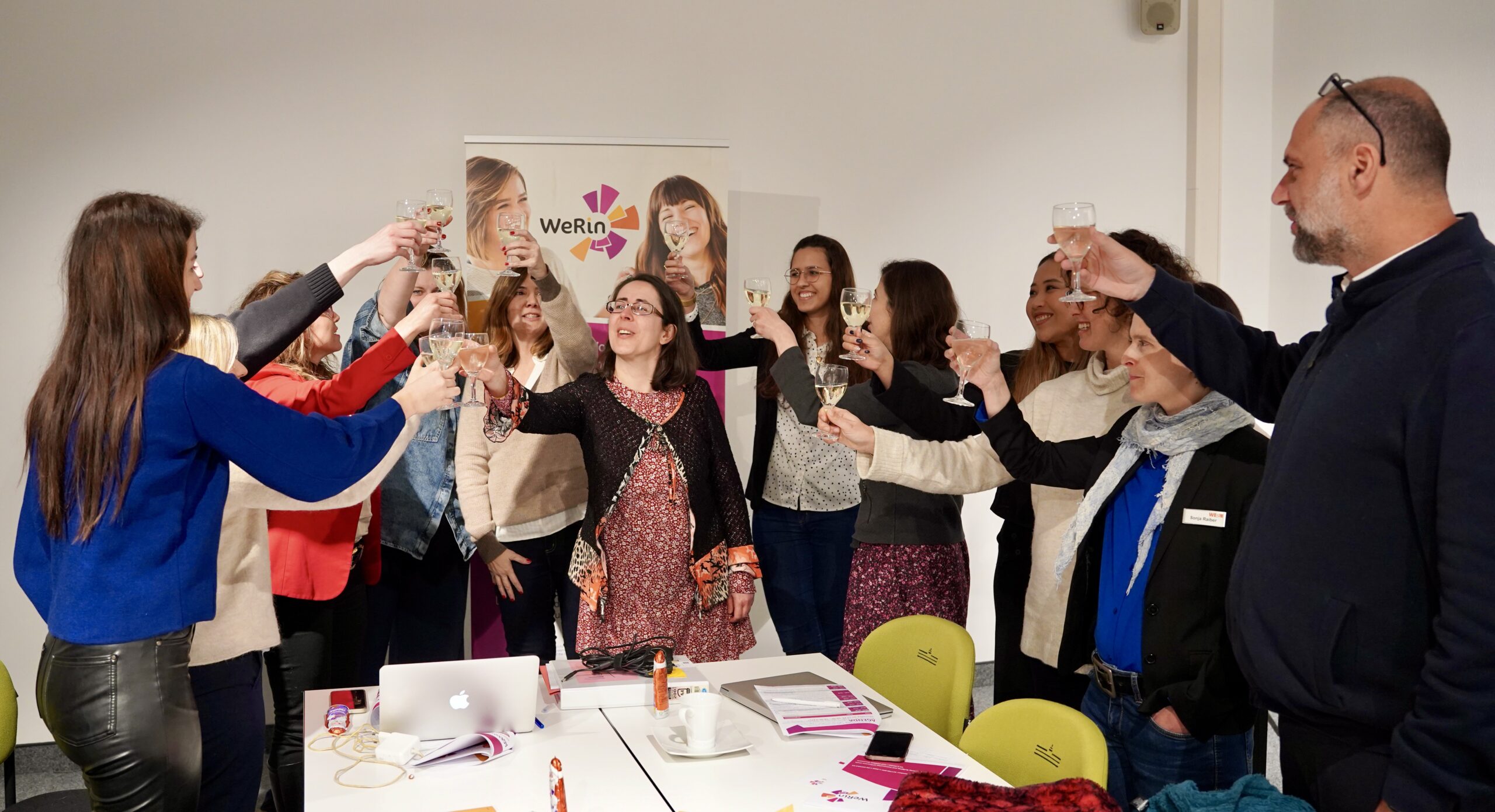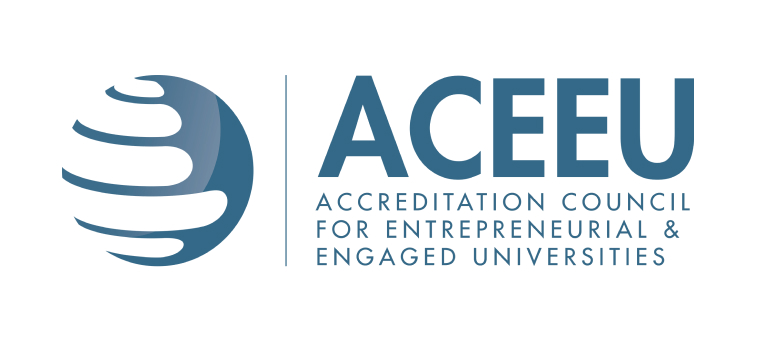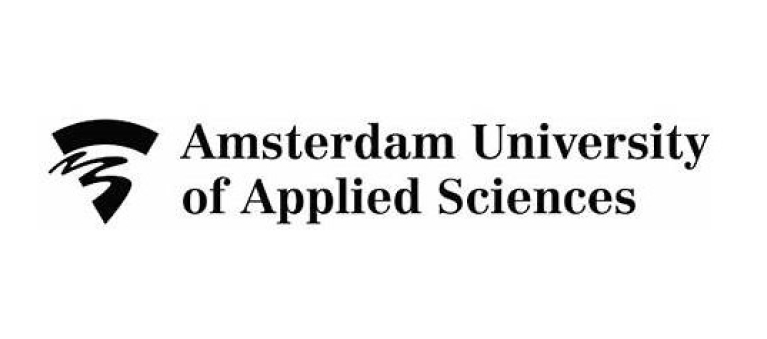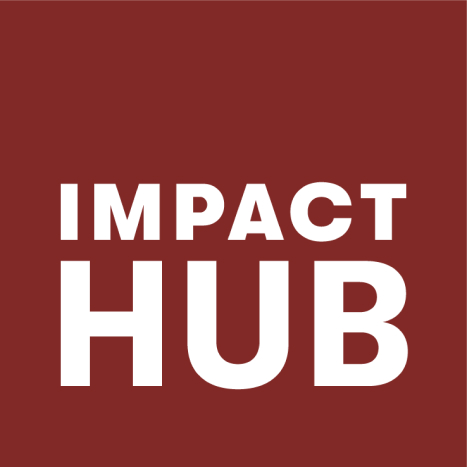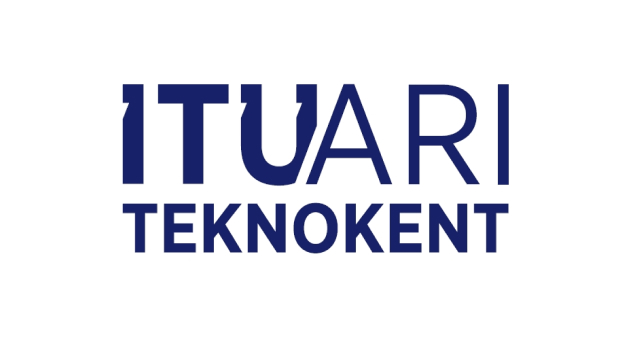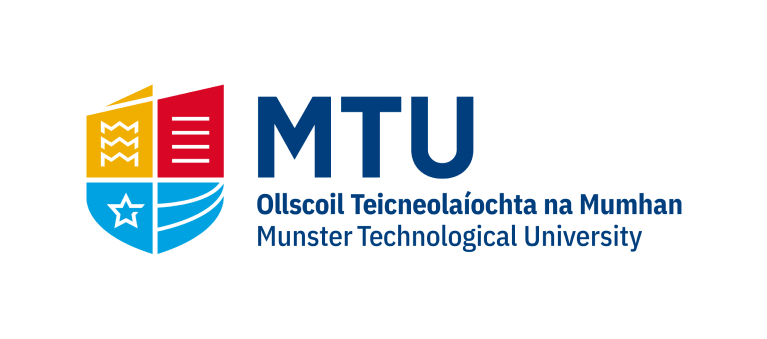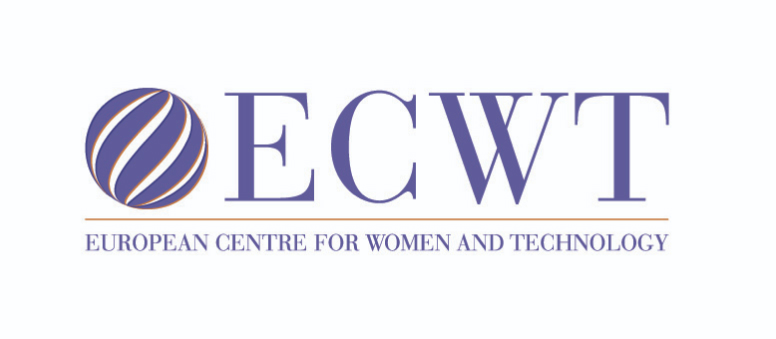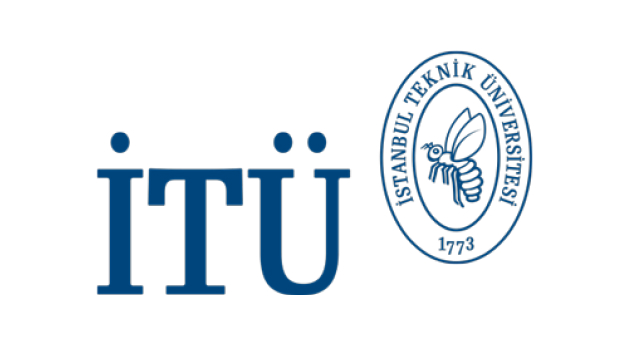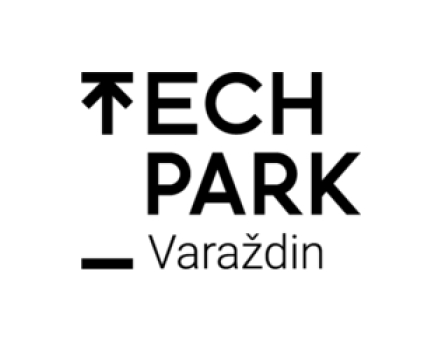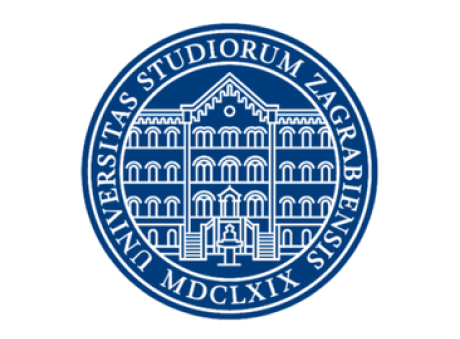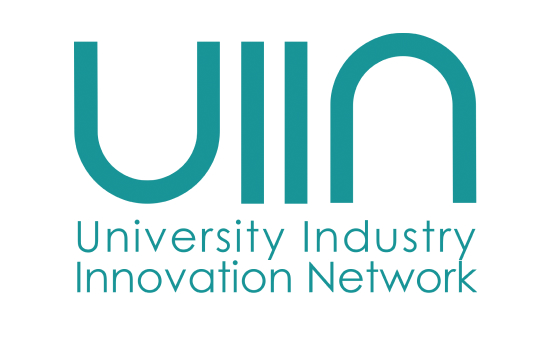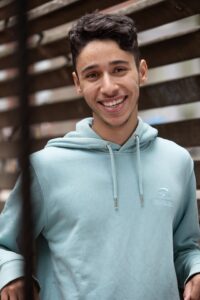
Ibrahim Kayal is studying Technical Physics at the Hogeschool van Amsterdam (HvA) and is a Student Ambassador for Diversity & Inclusion at the Amsterdam University of Applied Sciences (AUAS). Last year, he attended the international meeting of the WeRin project in Cork in his role as Student Ambassador. Here we interview Ibrahim to learn a little more about him, and his role as a Student Ambassador for Diversity & Inclusion and get his perspective on his recent experience with the WeRIn project.
What motivated you to become a Student Ambassador for Diversity & Inclusion?
I am a first-generation student in my family and faced numerous challenges while studying. My native language is Arabic, not Dutch and I am a refugee. I discovered supports available to me at AUAS, such as extra time during exams for students with language barriers. Because of my experiences, I stayed informed about the support available and began helping other students with their questions in my spare time. A teacher then asked me if I wanted to apply for the position of Student Ambassador for D&I.
What does diversity and inclusion mean to you at AUAS?
For me, diversity and inclusion at AUAS means that we all study, interact and feel at home in one building, even though we come from different backgrounds, cultures, religions, and sexual orientations. We sit together in the same classes and work on group assignments together, but it’s also necessary for these different backgrounds to meet outside the classroom.
That sounds like a noble mission! You recently attended an international meeting for the WeRin Project. Can you tell me more about this project and your role in it?
I participated in a workshop on the WeRin project in Cork, Ireland. Saskia Stoker, who is a partner on the project, invited me because of my role as a student ambassador for D&I. ‘WeRin’ stands for ‘Women Entrepreneurs in Regional Inclusive Entrepreneurial Ecosystems’ and aims to make entrepreneurship education and support programs more inclusive for women. Women represent approximately 60% of graduates in higher education but are much less likely to pursue a career as an entrepreneur. This workshop focused on how we can encourage more women to become entrepreneurs. Women often face more obstacles than men due to various prejudices. We examined statistics on how the Netherlands and other European countries are doing in this regard. We also discussed what it actually takes to start your own startup or expand your network. We discussed solutions, such as quotas, to enable more women to become entrepreneurs.
These solutions have been around for a long time and have sparked much debate, but they haven’t been fully effective yet. What do you think is needed to bring about change?
I believe that we need to make such solutions mandatory. The Dean of the Faculty of Technology is a woman, this sets an example and can be inspirational for girls in Tech. I also think the government has a role to play in this.
What motivated you to participate in the project?
We live in one society, and it’s absurd that men get more opportunities than women. This leads to division, makes women feel less valuable, and may discourage them from taking action, starting businesses, or believing in themselves. You see this in the Technology sector and often in Entrepreneurship. These norms and expectations lead people to believe that studying, working, or doing business in a specific sector is not for them, even though they could excel in those areas. That’s a shame.
What have you learned from your international experience?
It was fascinating to discuss how things work in other countries. I was inspired to eventually become an entrepreneur myself. I was advised to gain knowledge from an employer and build experience before starting my own venture. So, that’s what I’m going to do!

